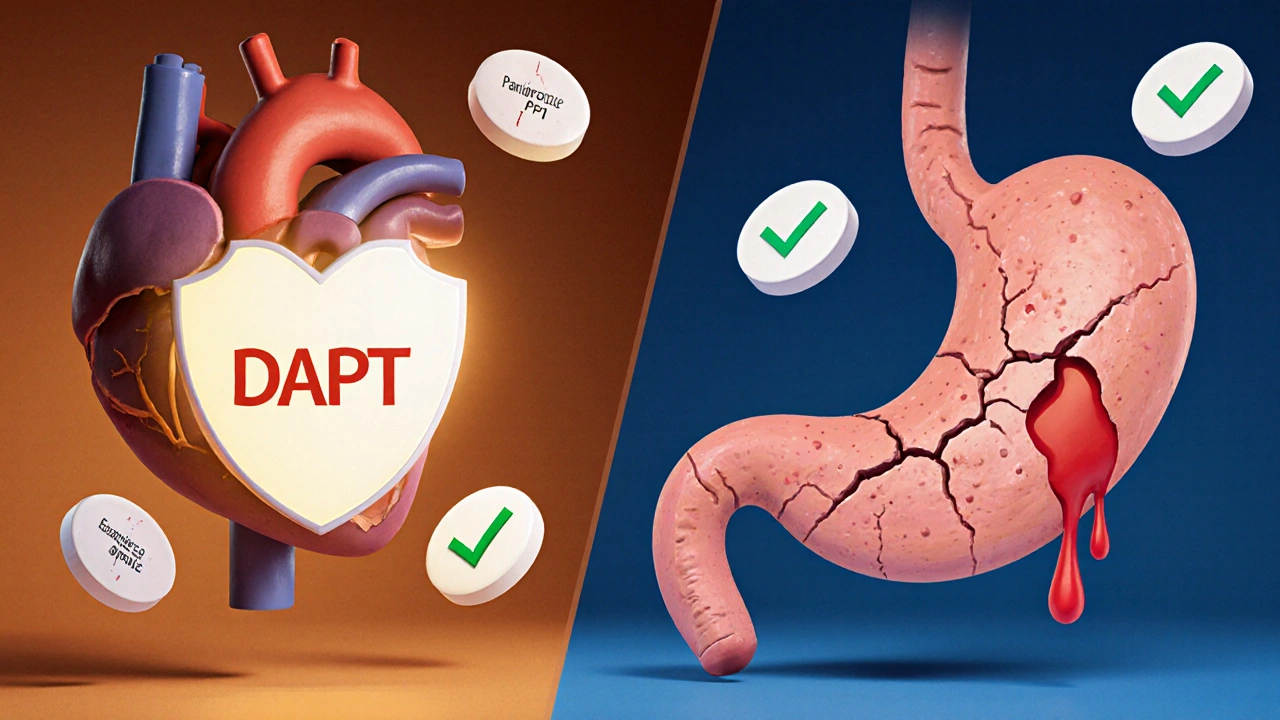Antiplatelets: What They Are, How They Work, and Why They Matter
When your blood clots too easily, it can block arteries and trigger a heart attack or stroke. That’s where antiplatelets, medications that stop blood platelets from sticking together and forming dangerous clots. Also known as blood thinners, they don’t actually thin your blood—they stop platelets from clumping up when they shouldn’t. Unlike anticoagulants like warfarin, which affect the clotting cascade, antiplatelets target the platelets themselves. This makes them the go-to choice for people with stents, a history of heart attack, or those at high risk for clot-related events.
One of the most common antiplatelets is clopidogrel, a drug sold under the brand name Plavix that blocks a specific receptor on platelets to prevent activation. It’s often prescribed after a stent is placed or after a minor stroke to keep arteries open. Other options include aspirin, which works differently by inhibiting an enzyme called COX-1, and newer drugs like ticagrelor and prasugrel, which act faster and stronger. These aren’t interchangeable—your doctor picks based on your condition, risk level, and how your body responds. Some people need dual therapy, like aspirin plus clopidogrel, for a set period after a major event.
But antiplatelets aren’t risk-free. The biggest concern? Bleeding. A cut that won’t stop, nosebleeds that last too long, or dark stools can be warning signs. That’s why you shouldn’t stop them suddenly—even if you feel fine. Stopping clopidogrel too early after a stent can cause a deadly clot inside the device. And if you’re scheduled for surgery, your doctor will tell you when to pause them. It’s not about being scared of side effects—it’s about timing them right.
Genetics also play a role. Some people have a variation in the CYP2C19 gene that makes clopidogrel less effective. If you’ve had a clot despite taking it, your doctor might test for this. It’s not routine, but it’s worth asking about if your treatment isn’t working as expected.
You’ll also find that antiplatelets often show up alongside other heart meds—statins for cholesterol, beta-blockers for blood pressure, or even drugs like midodrine for low blood pressure. They’re part of a bigger picture. Managing your heart health isn’t just about one pill. It’s about how all your meds, diet, and habits work together. That’s why understanding antiplatelets matters: they’re not a cure, but a shield. And like any shield, they only work if you use them correctly.
Below, you’ll find real guides on how to safely buy generic Plavix, what to do if you’re on multiple blood thinners, how genetics affect your response, and how to avoid dangerous interactions. These aren’t theory pieces—they’re practical, real-world advice from people who’ve been there.

